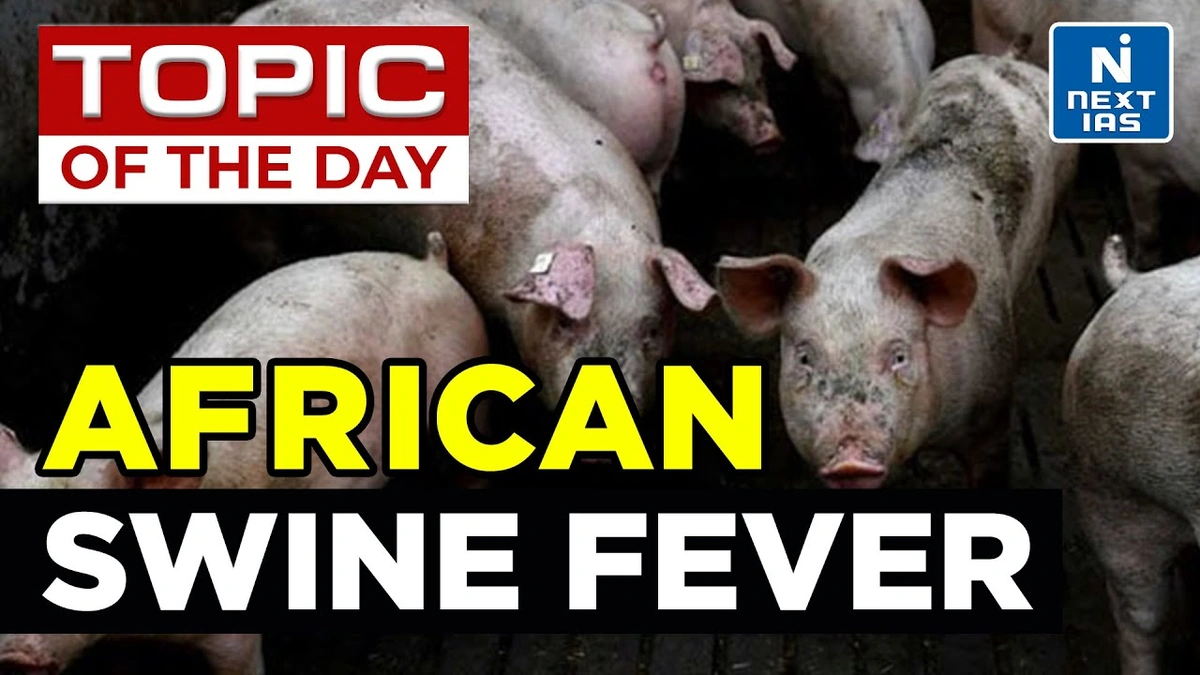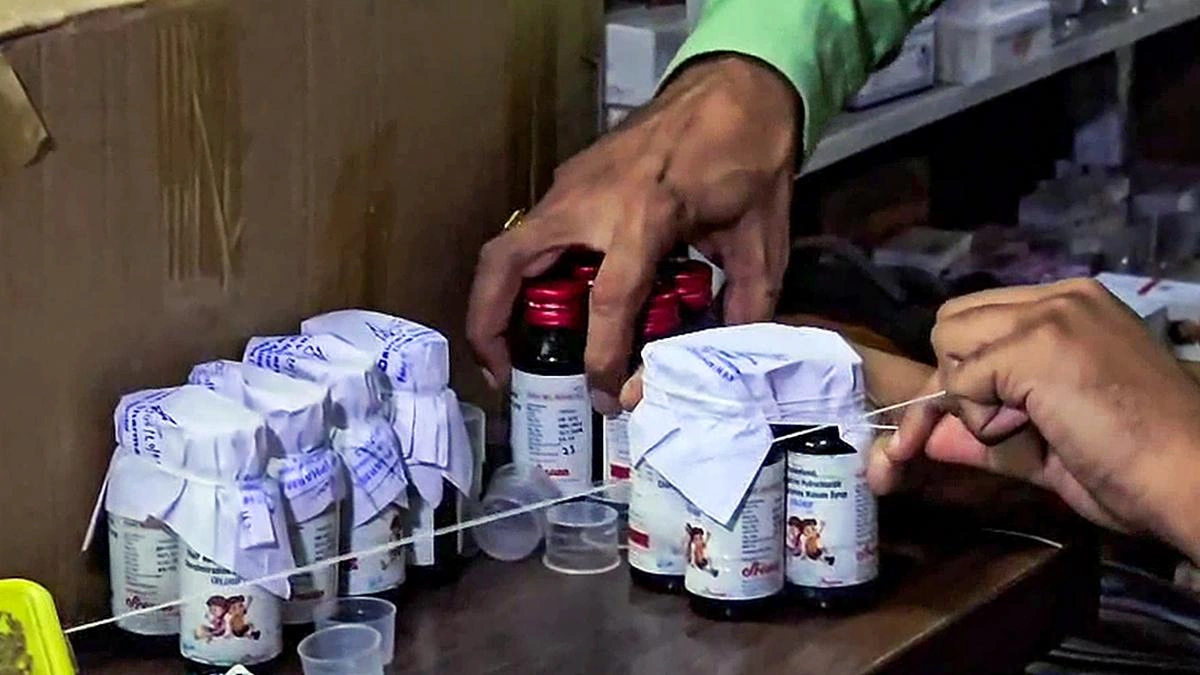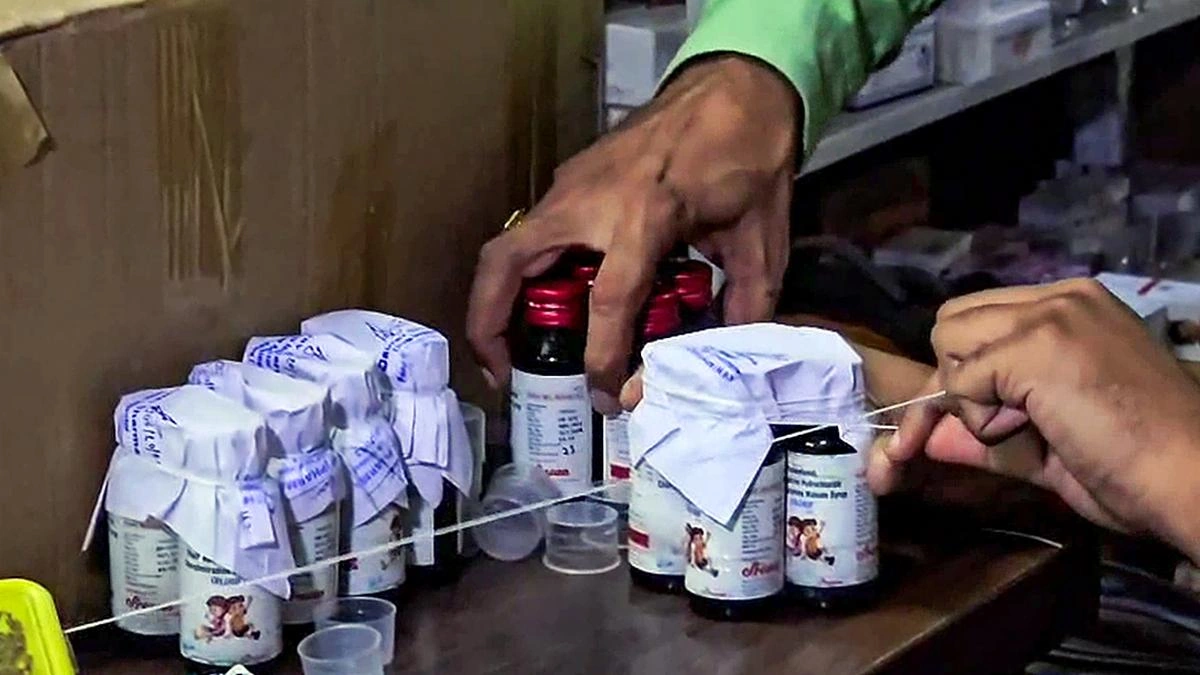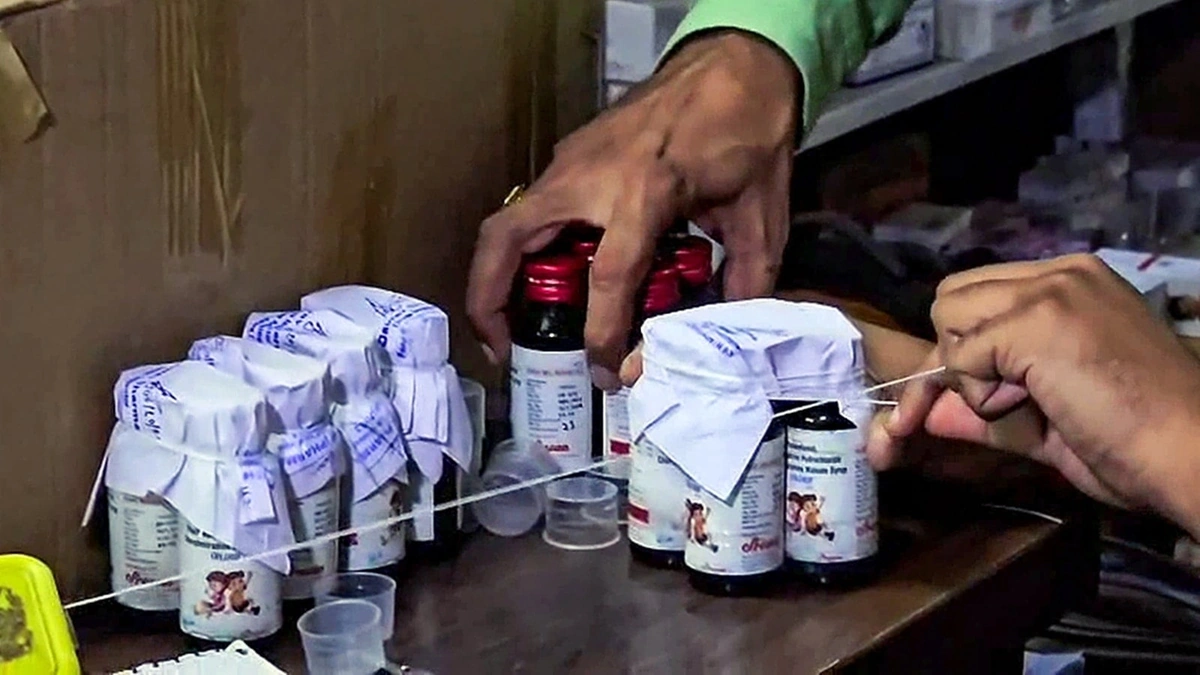African Swine Fever | Why India Should Be Very, Very Concerned
Okay, let’s talk about something that might sound like a far-off problem but could seriously mess with your plate: African Swine Fever (ASF). It’s not just some disease affecting pigs; it’s a ticking time bomb for India’s economy, food security, and maybe even your favourite bacon-loaded pizza. And honestly, most of the news is just scratching the surface.
What Exactly IS African Swine Fever, Anyway?
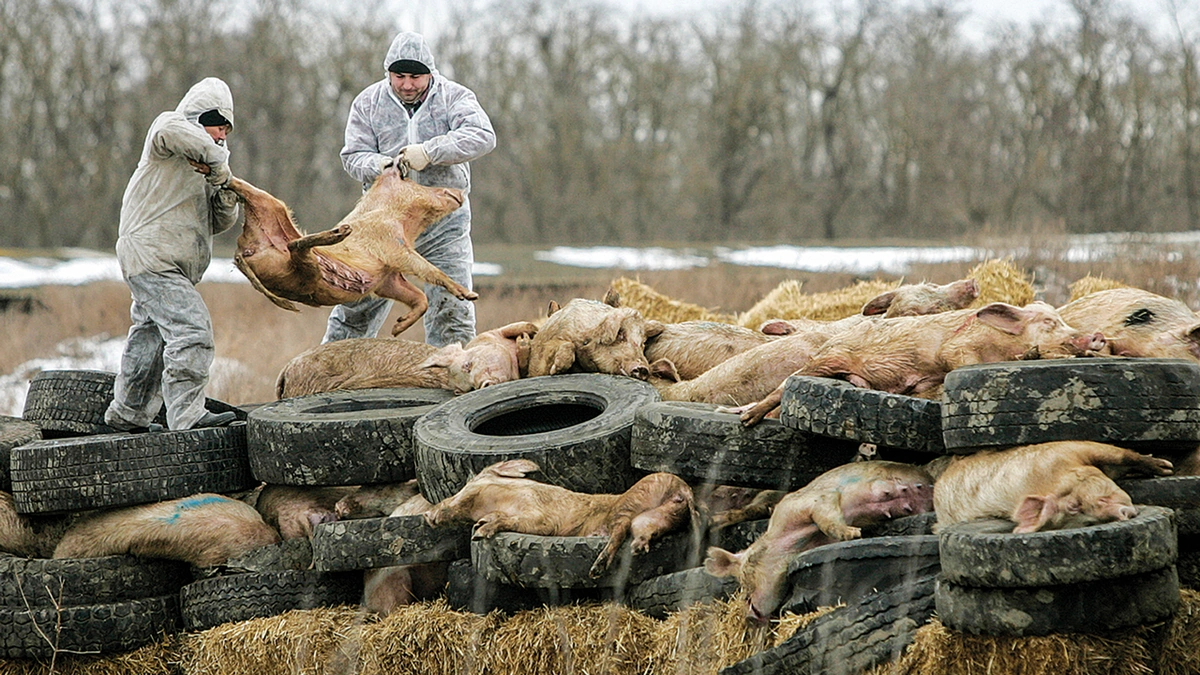
Here’s the thing: ASF isn’t new. It’s been around for decades, causing havoc in various parts of the world. But what makes it particularly scary is its resilience. It’s a highly contagious viral disease affecting domestic and wild pigs. Unlike the flu, it’s almost always fatal. And get this – there’s no vaccine. Zero. Zip. Nada. That’s why containing its spread is so crucial, and why recent outbreaks are cause for alarm.
Now, you might be thinking, “So what? I don’t eat pork every day.” But the implications go way beyond your breakfast choices. Consider the livelihoods of countless farmers, the stability of the pork industry (which, believe it or not, is significant in many Indian states), and the potential ripple effects on the broader economy. We are talking serious money. The african swine fever virus spreads rapidly, and that is why many farmers lose their livelihoods.
The Economic Earthquake | Why ASF Matters to Your Wallet
Let’s be real. A widespread ASF outbreak in India would be an economic disaster. Imagine entire pig populations being wiped out. That’s not just fewer pork chops; it’s a collapse of local economies that rely on pig farming. Think about the feed industry, transportation, processing plants – all taking a hit. Prices for other meats could spike as demand shifts, impacting household budgets across the board. It’s a domino effect, and it’s not pretty. The economic impact of african swine fever would be devastating.
And it’s not just about direct losses. The government would have to spend massive amounts on containment measures, compensation for farmers, and disease surveillance. That’s taxpayer money, folks. Money that could be going to schools, infrastructure, or healthcare. So, even if you don’t eat pork, you’ll feel the pinch.
But here’s the thing: prevention is far cheaper than dealing with an outbreak. Investing in biosecurity measures, educating farmers, and strengthening veterinary services are all crucial steps. A common mistake I see is when people underestimate the role biosecurity plays in preventing the spread of swine fever outbreaks.
How Does It Spread, and What Can Be Done?
ASF spreads like wildfire. Direct contact between pigs, contaminated feed, ticks – you name it. Even seemingly harmless things like contaminated boots or equipment can spread the virus. That’s why biosecurity is the name of the game. Think strict hygiene protocols on farms, controlled movement of pigs, and proper disposal of infected carcasses.
Farmers need to be educated about the risks and best practices. Early detection is key. The faster an outbreak is identified, the quicker measures can be taken to contain it. This means training veterinary staff to recognize the symptoms and having robust surveillance systems in place. According to theWorld Organisation for Animal Health (WOAH), controlling the movement of animals is a key factor in reducing the spread.
What fascinates me is the role technology can play. Imagine using drones to monitor pig populations, or AI-powered systems to analyze data and predict outbreaks. These aren’t science fiction; they’re real possibilities. The most common symptoms of african swine fever include high fever, loss of appetite, and skin hemorrhages.
The Indian Context | Why We’re Particularly Vulnerable
Let’s be honest: India faces some unique challenges when it comes to ASF. A lot of pig farming is done on a small scale, with limited resources and awareness about biosecurity. This makes it harder to implement effective control measures. Plus, we have a large population of wild boars, which can act as reservoirs for the virus, making eradication even tougher.
And here’s where it gets tricky: coordinating efforts across different states. Animal husbandry is a state subject, which means each state has its own rules and regulations. This can lead to inconsistencies and gaps in disease control. We need a national strategy, with clear guidelines and resources for all states to follow. It is also important to monitor the african swine fever situation on a state level.
But — and this is a big but — there’s hope. By learning from other countries that have successfully controlled ASF, by investing in research and development, and by empowering farmers with the knowledge and resources they need, we can protect India’s pig population and safeguard our economy.
The government needs to promote biosecurity measures among farmers, as well as provide them with sufficient resources.
Remember that bacon-loaded pizza? Well, it’s not just about that pizza. It’s about livelihoods, economic stability, and the future of Indian agriculture. Let’s treat ASF with the seriousness it deserves. A common mistake I see people make is underestimating the severity of the threat. We should focus on swine disease prevention and control, and this includes reporting any suspected cases immediately.
Check out this article to find out more about health and safety.
FAQ About African Swine Fever
Can humans get African Swine Fever?
No, ASF is not a threat to humans. You can’t catch it by eating pork or being around infected pigs. It only affects pigs.
What happens if my pigs get infected?
Unfortunately, ASF is almost always fatal for pigs. Authorities will likely cull infected animals to prevent further spread.
How can I protect my pigs from ASF?
Implement strict biosecurity measures on your farm. Control who comes into contact with your pigs, disinfect equipment, and source feed responsibly.
What should I do if I suspect my pigs have ASF?
Contact your local veterinary authorities immediately. Early detection is crucial for containing the disease. You should also consider looking at this link to broaden your knowledge about relevant health topics.
Is there a cure for African Swine Fever?
Unfortunately, no. There is currently no vaccine or cure for ASF. Prevention and control measures are the only options.
What are the long-term effects of ASF on pig farming?
ASF can decimate pig populations, leading to economic hardship for farmers and disruptions in the pork supply chain. Rebuilding a pig farming industry after an outbreak can take years.
